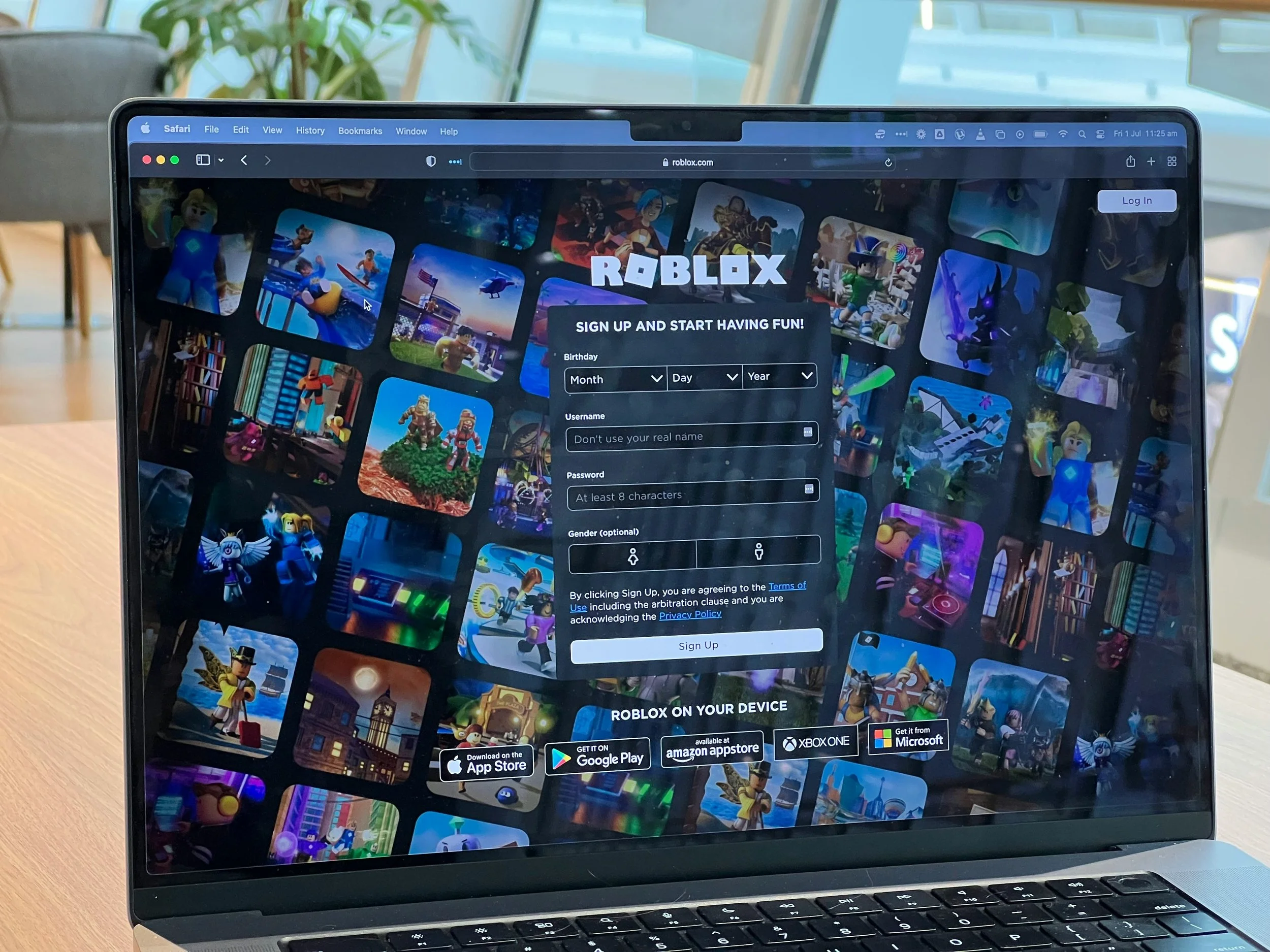In the midst of a global crisis when everyone’s eyes are focused on one thing, should marketers turn off their media, scale back or stay the course? What role does morality play? And, did Marketers forget to use their toolbox?
I'm going to tell you about something that's going to piss you off. Not because it's complicated or expensive or impossible to do. You're going to be pissed because Chinese brands have been doing this for years while Western marketers have been getting fleeced by Meta and Google, convinced that paying more for less is just the natural evolution of digital marketing. It's not. We've been played.

Meta raised ad costs 60% since 2020, while cutting your reach and hiding everything behind black box algorithms. You're paying more to reach fewer people with zero proof any of it works. Their sales reps measure their own performance and call it success. Chinese brands abandoned this broken model years ago. They build communities that compound in value. They own relationships instead of renting them. Western marketers keep feeding the machine while the game has already changed. Stop renting eyeballs. Start owning something real.

It's 2:47 AM on a Tuesday in November. You're in your kitchen, eating shredded cheese directly from the bag, staring at your phone because someone in the company Slack just typed "quick question about tomorrow's launch" followed by the dots that indicate they're still typing. Those dots have been going for 90 seconds. You know whatever comes next is going to ruin your life.
This is Q4 in ecommerce.

Tired of juggling five different AI tools to create one campaign? Weavy.ai is the node based platform that unifies all major AI models (Flux, Runway, Veo 3, Imagen) with professional editing tools on one canvas. Learn how creative marketers are building reusable workflows that save time, cut costs, and actually scale. Stop tool hopping and start working smarter.

Think Gen Alpha is glued to TikTok and Instagram? Think again. Only 5% say social media matters to them, and 44% don't use it at all. They're not offline, they're just somewhere else entirely. This generation is building communities in Roblox, hanging out on Discord, and using AI tools like it's second nature. For marketers still running the old playbook, this is your wake-up call. The question isn't how to reach Gen Alpha

